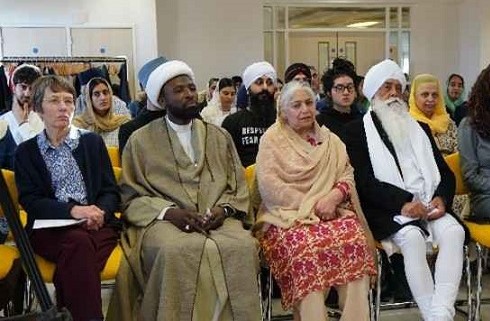The findings of the latest Quarterly Economic Survey (QES), carried out by the Black Country Chamber of Commerce and in partnership with the Black Country Local Enterprise Partnership (LEP), indicate that skills shortages throughout the region are reaching critical levels. For Q4 2017, the number of businesses that reported experiencing recruitment difficulties was 82%, which sees an increase of 25% on the previous quarter.
Of the service sector companies hiring, the number reporting recruitment difficulties rose to 74%, amounting to an increase of 19% on Q3 2017 and 31% on Q4 2016. Furthermore, this current figure sees recruitment difficulties for the service sector standing at the highest level since records began. In particular, managerial and professional positions have proven to be difficult to fill.
In the manufacturing sector, the number of those recruiting who reported greater difficulties is at the highest level since Q4 2014, with figures currently standing at 63%. These latest figures highlight that skilled technical positions were the most difficult to fill for manufacturers, with 58% stating that they had experienced problems in filling these roles within their respective organisations.
However, despite the reported difficulties in recruiting, businesses throughout the Black Country have reported an increase in domestic sales of 5% on Q3 2017, whilst levels of business confidence have risen on the previous year.
Corin Crane, Chief Executive of the Black Country Chamber of Commerce, commented: “In recent years, both manufacturers and service sector organisations have consistently informed us of the recruitment difficulties they have experienced. Whilst there is positivity relating to increased levels of confidence, this is something that needs to be addressed as a matter of urgency if we are to ensure that the business climate is conducive towards growth.
“As a Chamber, we are working to increase the engagement between businesses and education providers, which we hope may help to address the skills gap. In addition, through our Making The Future campaign we aim to work closely with relevant bodies and stakeholders in order to provide clarity for businesses regarding changes to skills policy.”
Stewart Towe, Chair of the Black Country LEP Board, said: “The Black Country economy continues to grow with the total GVA growing by 2.5% from £19.6bn in 2015 to £20.6bn in 2016. Whilst this growth is great news for the Black Country, surveys such as these show us that there is still work to do and in particular with relation to skills.
“The skills shortage is a key area of on-going development for the Black Country and the LEP has been working hard through programmes such as the Black Country Skills Factory to connect schools and businesses to ensure we are addressing skills shortages across key sectors building a skilled labour force as well as providing expert career advice and pathways for young people in the Black Country.
“We will ensure we make the most of the data shared through the Quarterly Economic Survey to continue to drive forward economic growth across the Black Country.”















